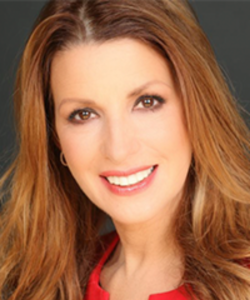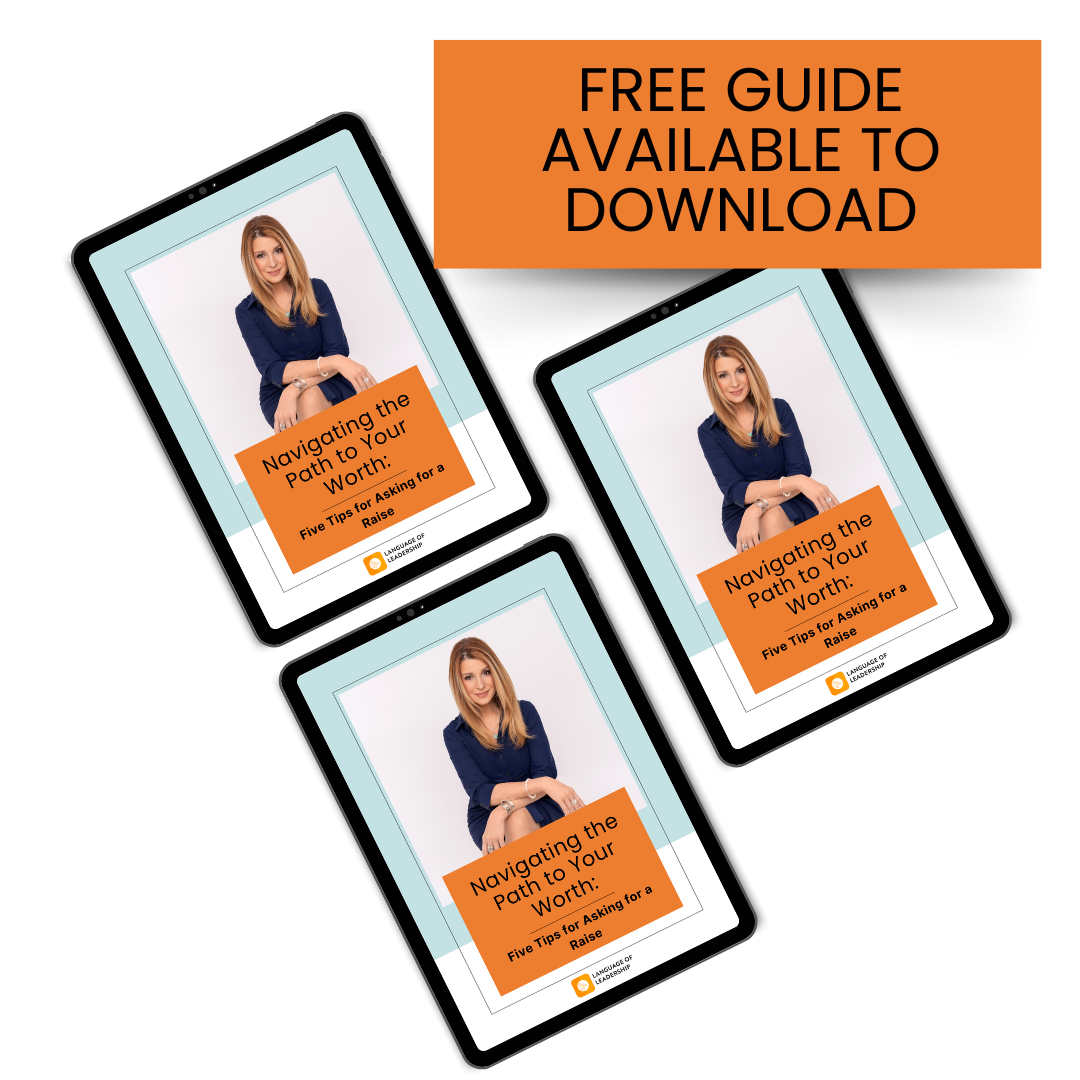One of the top movies this past week on Netflix is Becoming, the documentary following Michelle Obama’s book tour. Her unabashed quote describing her roots and origin sets the scene for today’s column: “I’m from the South Side of Chicago, that tells you as much about me as you need to know.”
Where did you start?
Unlike the former US First Lady’s reference, I am not asking where you were born or from what side of the tracks you grew up. Instead, I’m asking you to think back to that not so long time ago before Covid19 shutdown began. Where were you then? What kind of work did you do? Who were you?
I ask because now that we are rounding the first week of Ireland’s Phase 1 of the Roadmap to Reopening, it’s a good time to reflect. Who you are…becoming?
Dr Mark Rowe, a medical doctor, author and vitality expert, has spoken across the globe on the importance of adopting a holistic approach to wellness. We met a few years ago when we both spoke at the same conference and last week it was wonderful to reconnect as we spoke together once again through Whatsapp.
-
Take stock and take control
Mark says it is high time to take control of ourselves.
“Whenever we get a vaccine,” he explained to me, “whether it be one year or three years or whatever, we will have gone through a grand disruption and hopefully we will have grown. I call it ‘post-pandemic growth.’ It might mean you will have developed a new sense of meaning, a new sense of purpose or become more resilient.”
-
Commit to turning your corner
While we might be able to go to a few more shops now and see three friends in-person in a socially-distanced, out-of-doors meet-up, we’re largely still confined with our families. So, what if you are someone who has had it up to your facemask with words like “resilience” and “compassion”? I ask, because I freely confess that although I write this column and preach the gospel of positivity, there are moments I struggle with this feeling and I take comfort I’m not alone in this.
For instance, the same day last week when I spoke with Mark, I also held a remote coaching session with one of my executive clients. The multi-national tech company he works for had just announced it was “letting” employees continue to work from home for the rest of the year. (The news report I had already read about the announcement made it sound like a privilege – and to still have secure job and paycheck through all this certainly is.) But for my client, who can’t go back to his office for months and whose wife is also a remote worker and who shares his home with their four-year-old son, it felt like an extension of a prison sentence. He was struggling too.
I shared this with the good doctor who sympathized. “Many of us are not working from home,” Mark pointed out. “We’re ‘parenting from work.’”
“This is difficult,” Mark said. “We are not hardwired for compassion and resilience. We are hardwired for fear and anxiety and survival and there’s no doubt that people have lost a huge amount. They are feeling isolated from co-workers, or have lost jobs, love ones, financial security and human connections. The stress is having a detrimental impact on their thinking. The brain only takes two pc of the body’s size but 25pc of the body’s energy. So, when you’re living in stress, the brain is depleting your energy, draining your willpower and your impulse control. Therefore, you have more desires to soothe. You might eat or drink more and even engage in risky behaviour or negative thoughts.”
But instead of wallowing in the ‘what have I lost or what am I losing’ place, Mark reminds us to continue walking into acceptance. To actively turn the corner and move forward.
“Emotion needs motion. The typical response to stress is to suppress it, resist it or deny it. But it needs to flow through you. Take positive little steps to change your mind and body,” Mark advises.
-
Remember how ‘contagious’ emotion is
Amidst the barrage of concern about catching Covid19, Doctor Mark reminds us that positive (and negative) emotions are contagious too.
“From the time we are small children, we pick up on the messages we get from other human beings. We don’t just see them and observe them, we act upon their behaviours or words and we pass that on to others who also act out. It’s quite contagious.”
She was the “Southside of Chicago” girl who studies at Harvard, practiced at a top law firm and married the 44th president of the United States. Becoming teaches us we can develop ourselves from wherever we start. Reinforcing that, Doctor Mark offers this positive prescription as we continue navigating this unfolding disruption: “Accept what you can’t change, be grateful for the present moment and stay hopeful for the future.”
There’s nothing like a little wisdom that comes from life’s experiences.
Write to Gina in care of SundayBusiness@independent.ie
With corporate clients in five continents, Gina London is a premier communications strategy, structure and delivery expert. She is also a media analyst, author, speaker and former CNN anchor. @TheGinaLondon







